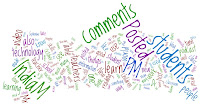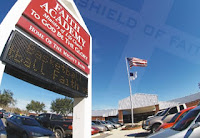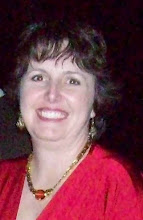There are many things that describe me, but no one thing defines who I am.
Fifteen years ago I became a wife. Almost 13 years ago I became a mother. I now have two sons. They are 12 and 9 years old. When my youngest started kindergarten, I became a substitute teacher. After working as a sub for several weeks, I realized that I love being in the classroom. In January of 2006 I enrolled at Mississippi Gulf Coast Community College where I could take online classes. On May 14, 2009 I graduated with with honors and received an Associates degree. I also celebrated my 15
th weeding anniversary on that same date.
I have a very strong Christian faith that helps keep me going and gives me the strength to accomplish all I do. I am very active at my church, Tanner Williams Assembly of God.
In my spare time, what little I have, I love to be outdoors. My family and I camp, fish, and go biking as often as possible. I also love to garden.
If it is raining, I can curl up with a good book and be content for hours. Murder mysteries, Historical Fiction, and even a sappy love story can hold my attention.
This is but a brief glimpse into my life, so don't be surprised about anything new you learn.






















